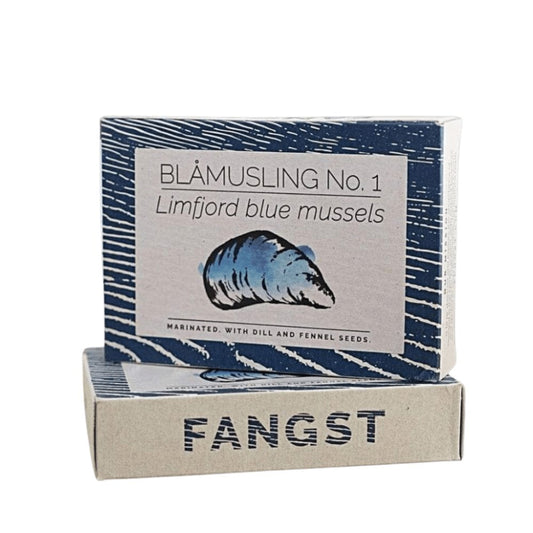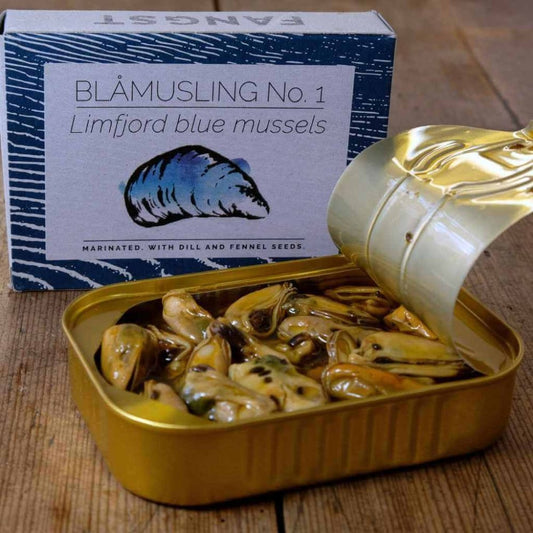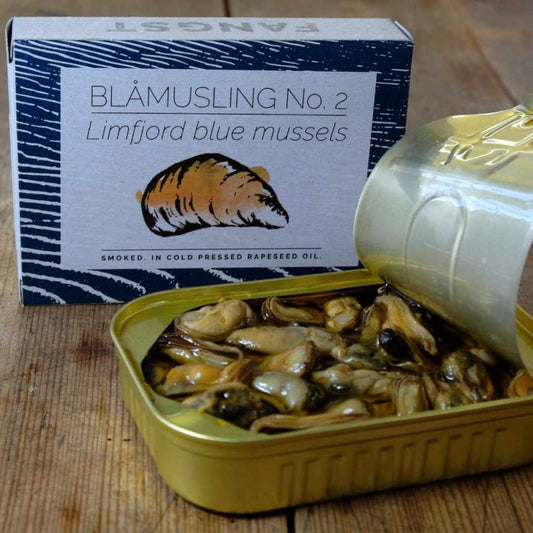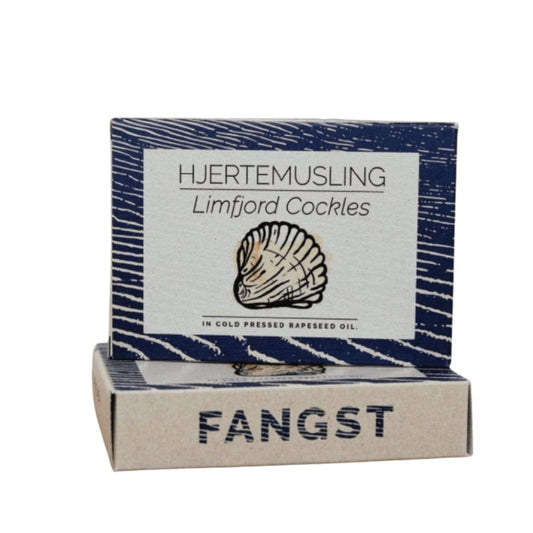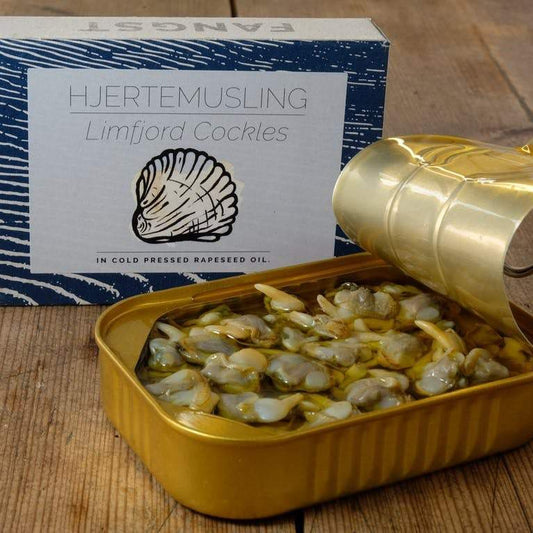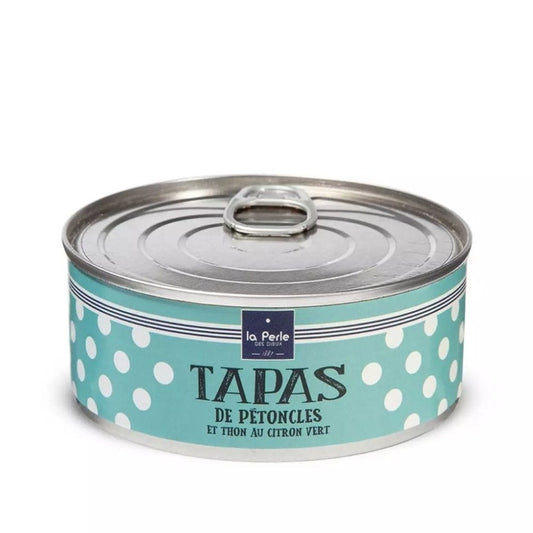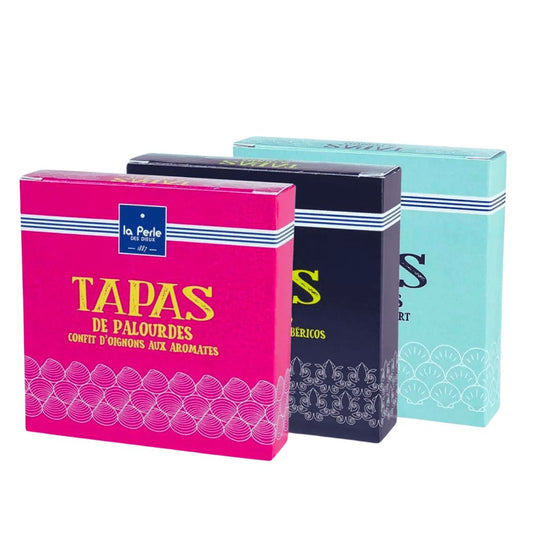Collection: Shellfish
Mussels are not only valued for their culinary value, but also ecologically valuable, filtering up to 75 litres of water per day and thus contributing to ecological balance. They adapt their flavour to their environment, varying from intense in rocky areas to milder in sandy areas. There are over 17,000 species worldwide, including the particularly sweet and fleshy Mytilus galloprovincialis from Galicia. These species are known for their environmentally friendly farming, making them a sustainable seafood.
Mussels can even change their sex throughout their lives, which increases their reproductive efficiency.
In the kitchen, mussels are a protein and nutrient-rich choice, rich in vitamin B12 and iron, and can be prepared in a variety of ways. They can even form pearls, similar to oysters. Mussel farming in Galicia, particularly on floating platforms called bateas, is economically important and an integral part of local culture, celebrated through festivals and traditions. This traditional farming system supports the sustainable use of marine resources and shapes Galicia's coastal landscape.






